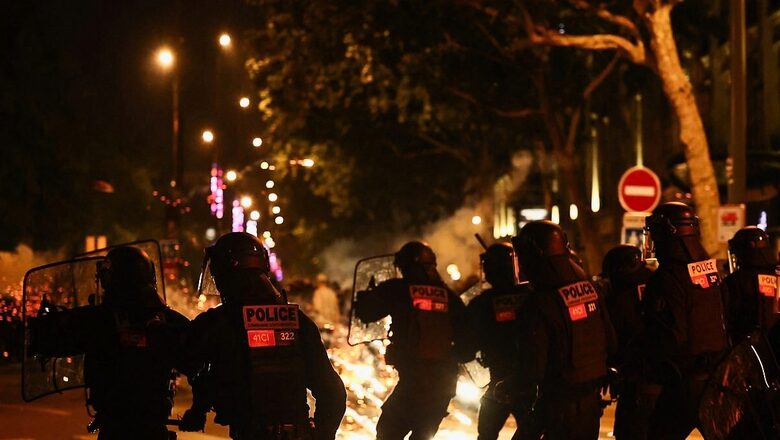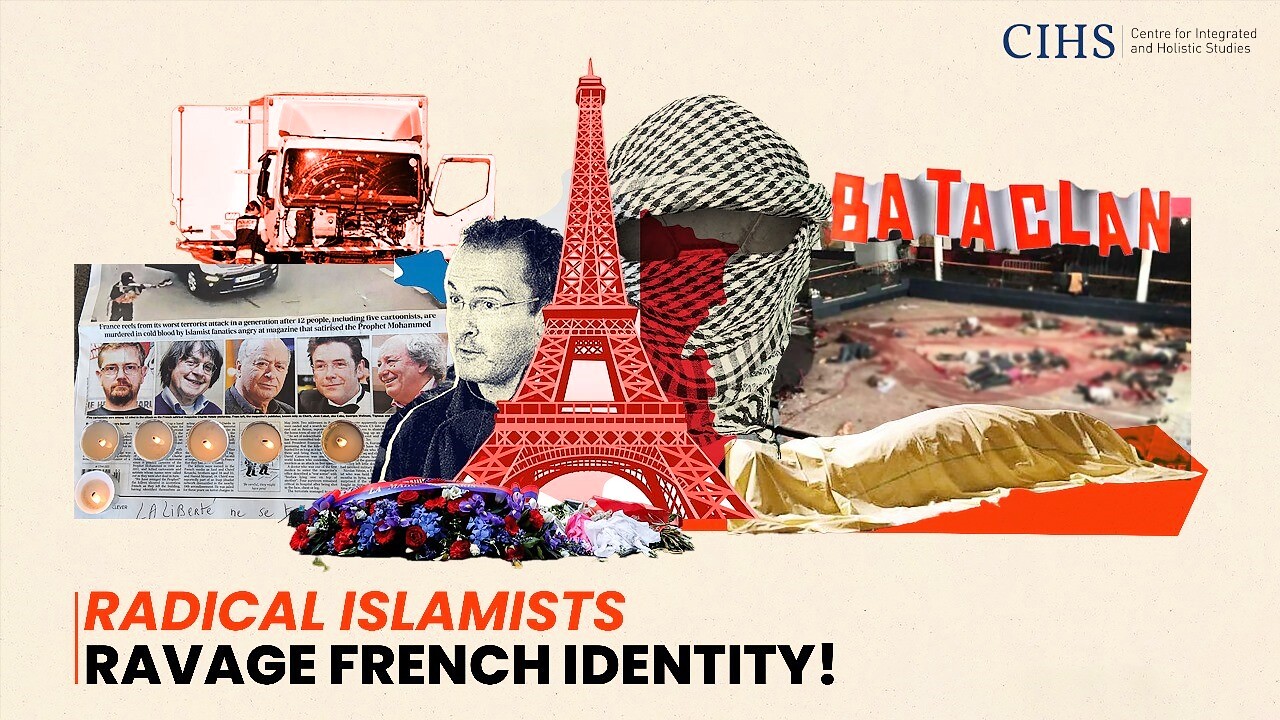
views
For many French citizens, elections are far more than just politics. They represent a fight to protect their traditions, values, and way of life from what they perceive as an existential threat. In the wake of the recent legislative assembly elections, heightened anxiety over the influence of radical Islamists on French polls is being openly debated. Reclaiming French identity and culture is something that many voters deeply desire.
Violent incidents that have occurred in the recent past are frequently cited to underscore the perceived influence of radical Islamists, who are believed to have a significant impact on who runs the government in Paris or what happens in French society. Many French people have a strong desire to preserve and restore their cultural identity.
Let’s explore the concerns surrounding radical Islamism, examine recent polls that support these opinions, and highlight some prominent incidents of attacks by Islamist extremists in France.
Rise of Radical Islamism
French polls have consistently shown that radical Islamism is a concern for a sizeable portion of the French populace. Recent surveys indicate that a significant segment of French people have become increasingly wary of extremist Islamism. A 2024 study by IFOP (Institut Français d’Opinion Publique) revealed that nearly 65 per cent of French people believe radical Islamism poses a serious threat to national security. The study also found that 58 per cent of respondents expressed concern about the impact of Islamist doctrine on French culture and societal norms.
Reclaiming Cultural Identity
Far from being a movement confined to stateless nations, cultural nationalism (Hutchinson 2013) played a key role in identifying the main directives of France’s proactive cultural politics at a time of great global changes – a legacy enduring into the current identity politics of this century.
A strong desire among French citizens is to reclaim and preserve their cultural identity, which they believe is under assault and intertwined with their fear of radical Islamism. Underlying this sentiment is the belief that extremist Islamist ideas contradict fundamental French Republic values like gender equality, secularism (laïcité), freedom of speech, the role of religion in public life, and immigrant assimilation. According to a 2024 IFOP poll, 72 per cent of participants are in favour of taking steps to protect French cultural traditions and values from perceived encroachment.

Islamist Assaults and Crimes
- Charlie Hebdo Attack: One of the most well-known incidents was the attack on the satirical magazine Charlie Hebdo on January 7, 2015, where two Islamist gunmen (brothers Saïd and Chérif Kouachi) killed 12 people in retaliation to the magazine’s publication of cartoons depicting Prophet Muhammad.
- Bataclan Attack: A series of coordinated terrorist attacks in Paris on November 13, 2015, including a mass shooting at the Bataclan theatre during a concert, resulted in the death of 130 people. The Islamic State claimed responsibility for these attacks.
- Nice Truck Attack: Mohamed Lahouaiej-Bouhlel, later identified as a radical Islamist, drove a truck into a crowd celebrating Bastille Day in Nice on July 14, 2016, killing 86 people and injuring 458 others. ISIS later claimed responsibility for the attack.
- Strasbourg Christmas Market Attack: Fire was opened at a Christmas market in Strasbourg on December 11, 2018, by a radicalised individual, Chérif Chekatt, who was on a security watchlist, resulting in five deaths and numerous injuries. Chekatt was later killed by police after a two-day manhunt.
- Samuel Paty Murder: Samuel Paty, a school teacher, was beheaded by Abdoullakh Anzorov, an 18-year-old radicalised Chechen refugee on October 16, 2020, for showing cartoons of Prophet Muhammad to his students during a lesson on free speech which sparked outrage among Muslim parents.
- Nice Stabbing: On October 29, 2020, a fatal stabbing at Nice’s Notre Dame Basilica left three people dead and numerous others injured. The attack, which came just weeks after the murder of teacher Samuel Paty, further heightened tensions in France amid growing concerns about terrorism and religious extremism in Europe. The incident was denounced globally.
Fear and a desire to protect French culture have led to increased support for far-right political parties like Marine Le Pen’s National Rally. These parties advocate for stricter immigration controls, stronger measures against radical Islamism, and policies to reinforce secularism and French cultural values. Recent polls showed strong public support for these measures.
The French people’s response to these concerns continues to influence national debates and the direction of political discourse in France. The listed cases of Islamist assaults underscore the severity of the threat perceived by many French citizens. As France continues to navigate these complex issues, the challenge remains to ensure national security and cultural values while ensuring the rights and integration of all its citizens.
The author is operations head at Centre for Integrated and Holistic Studies, a New Delhi based non-partisan think tank. Views expressed in the above piece are personal and solely that of the author. They do not necessarily reflect News18’s views.




















Comments
0 comment